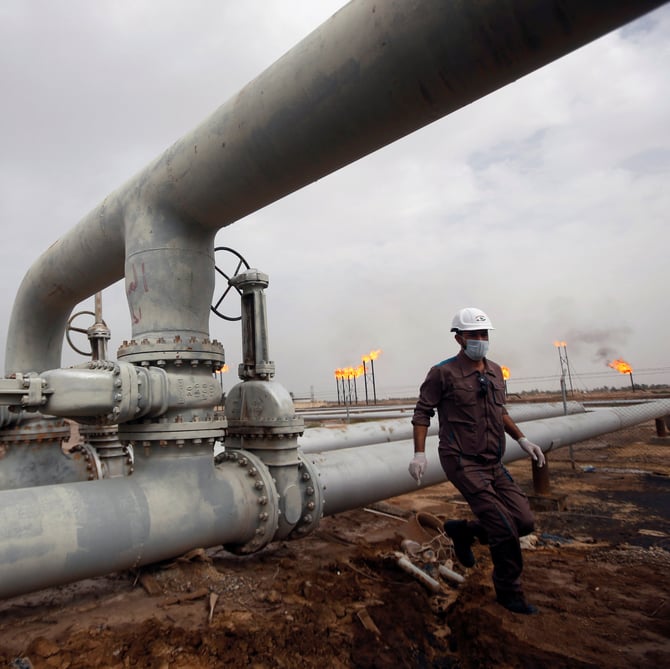OPEC Production Cuts Draw Criticism from US

A recent decision by the OPEC+ alliance of oil-exporting countries to significantly cut production and boost crude prices has dealt a blow to oil-consuming nations. The US, which is heading into key midterm elections, has gone as far as accusing Gulf producers of siding with Russia by making this move.
The 13-nation OPEC group, plus 10 allies, one of which is Russia, agreed to slash output by two million barrels per day starting in November. The Biden administration, which has been engaging in diplomatic efforts to dissuade its Middle Eastern allies from cutting oil production, was frustrated by the decision.
Washington accused OPEC of siding with Russia, but OPEC has denied this, saying the move was necessary to respond to rising interest rates in the West and a weaker global economy. Core OPEC members stated the alliance understood consumers’ concerns over soaring prices, but their main concern was “maintaining balance between supply and demand.”
Russia stands to benefit from higher oil prices, which have so far allowed the Kremlin to withstand the shock of Western sanctions. Elevated prices mean the Kremlin can continue to sustain its war effort in the Ukraine.
What does this mean for me?
Analysts say the market always self-balances itself, suggesting that OPEC is, in fact, meddling with supply factors to its own price benefit. Many commentators view the move as raising the risk of a global economic downturn, as well as causing more geopolitical ructions.
More News
.webp)
Japan’s Rate Shift Is Rippling Through Global Bond Markets
1 week ago

China’s Growth Engine Stalls as Consumers and Investors Pull Back
2 weeks ago

Egypt’s Recovery Gains Traction as Household Pressure Lingers
3 weeks ago

OECD Warns AI and Tariffs Will Test the Global Economy
3 weeks ago

Zero Tariffs, Higher Drug Bills as US and UK Reset Pharma Trade
4 weeks ago

Catastrophe Bonds Go Global as Climate Risk Meets Yield Hunting
1 month ago
.webp)
Canada Shields Steel and Lumber Industries From Tariffs
1 month ago

Trump Drops Selected Tariffs in Response to Inflation Pressures
1 month ago